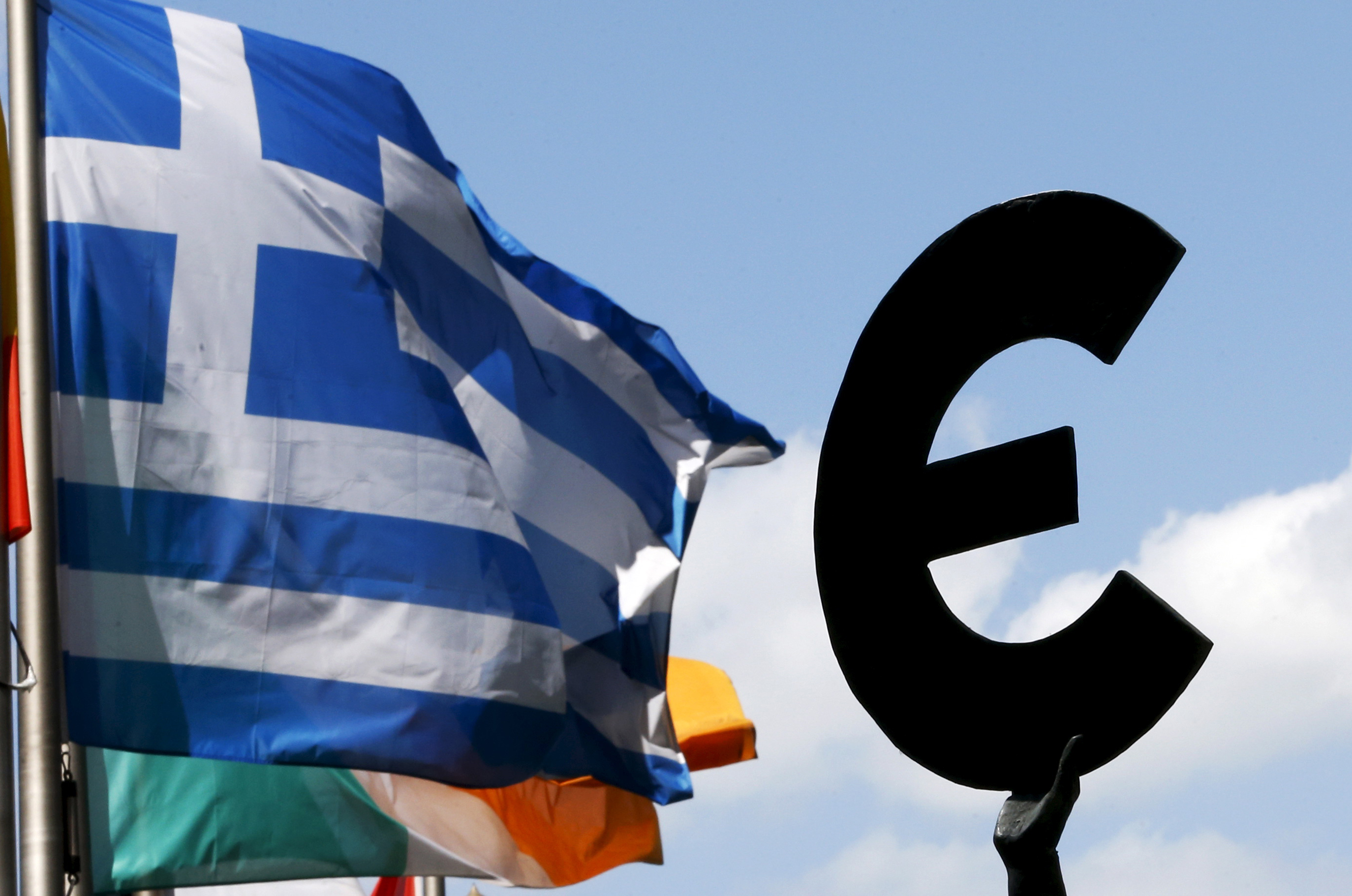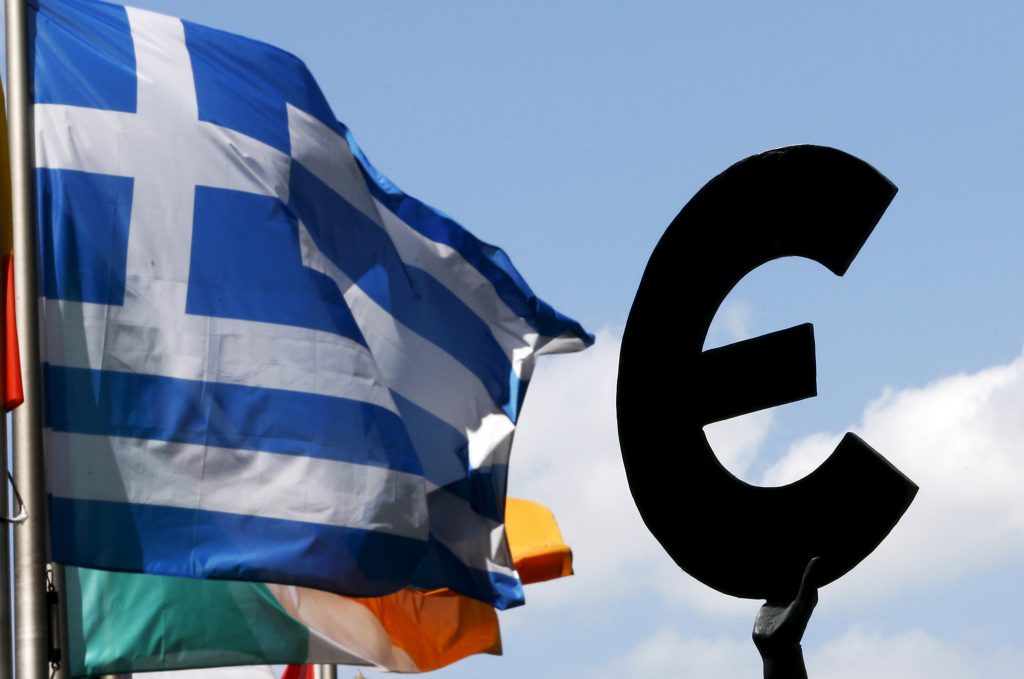 The “no” vote has won the day in Greece with a larger than expected majority of 61.5 percent. Energetic campaigning by the Greek government, led by Prime Minister Alexis Tsipras, convinced the public to reject the (already expired) offer of bailout terms from the European Union and the International Monetary Fund. A weak Greek opposition and unfortunate absenteeism on the part of European leaders meant that the “yes” campaign had no real leadership. As a result, the road forward is even less clear now than it was before the referendum. Does this mean that “Grexit” is now inevitable? Will Greece leave the Eurozone and perhaps even the EU, as predicted by many who feared the “no” vote? Will Greece now secure an agreement from its creditors “within an hour” as promised by then Finance Minister Yanis Varoufakis? The most likely answer to both of those questions is “probably not.” In keeping with the European tendency for talk and grudging compromise rather than decisive actions, we can expect to see renewed discussions between Greece and its creditors in the coming days. The question is whether an agreement can be reached before the slow-motion crash of the Greek banking system becomes unrecoverable.
The “no” vote has won the day in Greece with a larger than expected majority of 61.5 percent. Energetic campaigning by the Greek government, led by Prime Minister Alexis Tsipras, convinced the public to reject the (already expired) offer of bailout terms from the European Union and the International Monetary Fund. A weak Greek opposition and unfortunate absenteeism on the part of European leaders meant that the “yes” campaign had no real leadership. As a result, the road forward is even less clear now than it was before the referendum. Does this mean that “Grexit” is now inevitable? Will Greece leave the Eurozone and perhaps even the EU, as predicted by many who feared the “no” vote? Will Greece now secure an agreement from its creditors “within an hour” as promised by then Finance Minister Yanis Varoufakis? The most likely answer to both of those questions is “probably not.” In keeping with the European tendency for talk and grudging compromise rather than decisive actions, we can expect to see renewed discussions between Greece and its creditors in the coming days. The question is whether an agreement can be reached before the slow-motion crash of the Greek banking system becomes unrecoverable.
Here is what we know:
1) A Eurozone summit has been called for Tuesday evening. The good news is that this will put the right people in the room, those who have the power to make the decisions, especially German Chancellor Angela Merkel and Tsipras.
The finance ministers will meet earlier in the day, but this time without the disruptive presence of Varoufakis, who resigned after the referendum. Indeed, the fact that Varoufakis has resigned may signal a greater willingness by the Greeks to negotiate seriously.
2) Calling a Eurozone summit rather than an EU summit is indicative of increased political governance and responsibility within the Eurozone. Tsipras will face a fairly unified group that is intent on ensuring that whatever is decided on Greece does not create greater risks for them either economically or politically. Look to the Spanish to be the toughest on Tsipras in order to discourage anyone thinking that Spain’s anti-austerity party Podemos has a future.
3) No one in the Eurozone will call for the Greeks to leave or will try openly to push the Greeks out. For months, the standard response to this question has been that only Greece can decide to leave. Until the Greek government declares that it is suspending or abandoning the euro—something that would be remarkably unpopular even among “no” voters—it will still be in. Even if a lack of liquidity forces the use of scrip, coupons, or other alternative currencies, the Greek government will undoubtedly still claim it is part of the Eurozone.
4) Tsipras’ campaign rhetoric and his post-referendum speech were essentially ambiguous, promising the Greek people that they could have their cake (stay in the Eurozone) and eat it too (avoid further austerity), but also promising a quick resolution to the stalemate with Europe. Greeks did not vote to leave the Eurozone, but rather to empower Tsipras to make a deal.
5) Tsipras has claimed that a “no” vote will give him a stronger position vis-a-vis the creditors. Perhaps, but more likely they will hold firm to the demand for structural reforms. The vote has given Tsipras a stronger position domestically. A few days before the referendum, he indicated in a letter to Brussels that most of the terms on the now expired offer would be acceptable. Will he now accept the creditor’s offer, perhaps with a rhetorical declaration of victory, and then receive both ECB boosts to liquidity and the remaining tranche of the current bailout?
6) Much has been made of the recent IMF report calling the level of Greek debt unsustainable over the long term. The Greek government has claimed that any new deal must include debt reduction, but such an arrangement will take weeks to negotiate—weeks that the Greek banks do not have. So expect to see this as part of the next bailout package. Eurogroup President Jeroen Dijsselbloem has already said such a package could be considered, but would be handled through the usual (slow) channels.
Two ways now seem open, and we will know very quickly which one is likely to emerge.
Option 1: On Tuesday, at the Eurozone summit, Greece will be expected to put forward a proposal to the creditors. Assuming that the offer follows Tsipras’ letter of a week ago, a deal could be reached in which Greece basically agrees to the terms of the prior offer. Even after the referendum results, there does not seem much appetite among Eurozone leaders to give Greece better terms. But now Tsipras could claim it was his proposal, and with a rhetorical flourish, declare victory and go home. As an added bonus, the Eurozone might agree to consider debt relief when negotiating the next bailout package. But this is a best-case scenario, and it will be followed by months of hard negotiations about the next package, and continued crisis manufacturing by the Greek government.
Option 2: No deal is reached on Tuesday, as the Greeks show up with an unrealistic proposal. Unfortunately, this entirely possible, as demonstrated by the Greek government’s bargaining tactics to date. The lack of trust between the Eurozone leaders and the Greek government means that any proposal must have very specific terms and a clear set of deliverables by the Greeks. If the proposal is not seen as a basis for positive and quick negotiations, expect the Eurozone to turn away, saying it is up to Greece to present something worth talking about. The consequences for the Greek banking system, which is hanging on by its fingernails on the edge of a cliff, could be disastrous. With fewer and fewer euros circulating in Greece, alternative currencies would inevitably be introduced. While reintroducing the drachma would be enormously expensive, there are already reports that Bulgarian levs are being used in adjacent Greek towns. Whether the Greek government would then have to leave the Eurozone, or simply continue to muddle through this disaster—with all the dire consequences for its economy and its people—is unclear.
Which is more likely? Only Alexis Tsipras knows whether by winning a “no” vote he has boxed himself into a corner or given himself the freedom to take the creditors’ deal and sell it to his people.
Fran Burwell is Vice President and Director of Transatlantic Relations at the Atlantic Council.
Image: A Greek flag flies near a statue depicting the European unity outside the European Parliament ahead of a euro zone leaders summit on Greece in Brussels, Belgium, July 6, 2015. (Reuters/Francois Lenoir)
